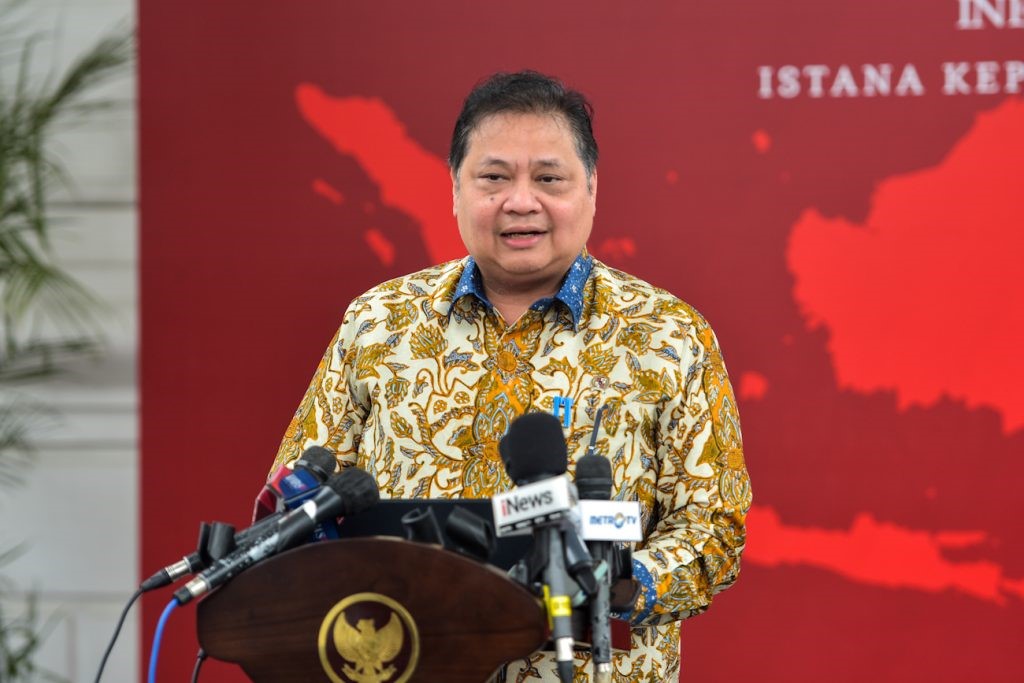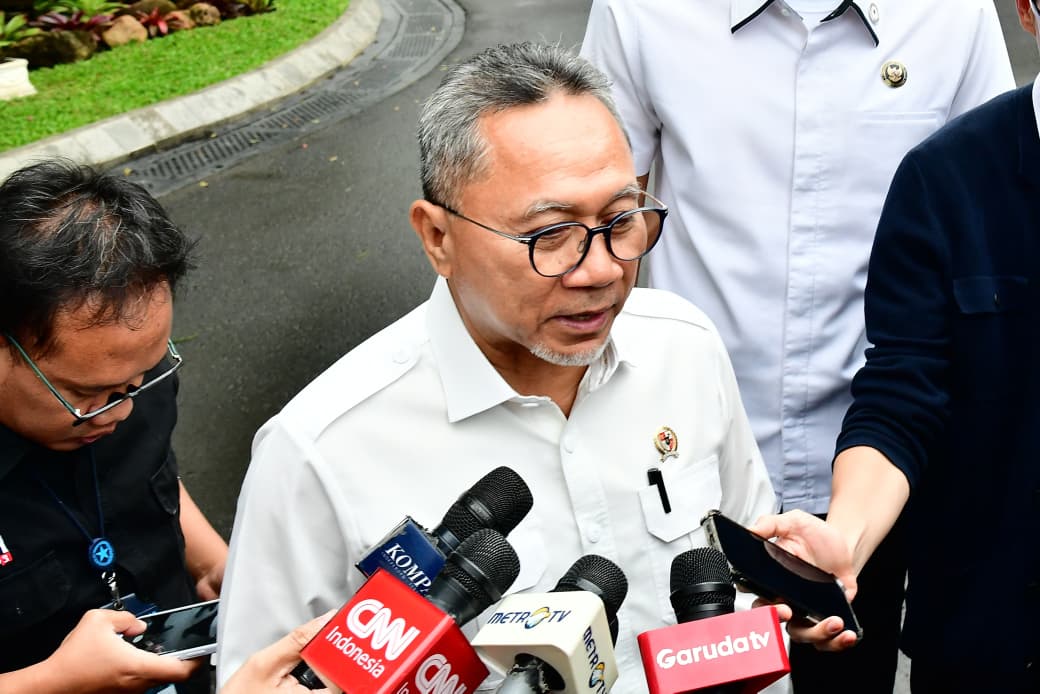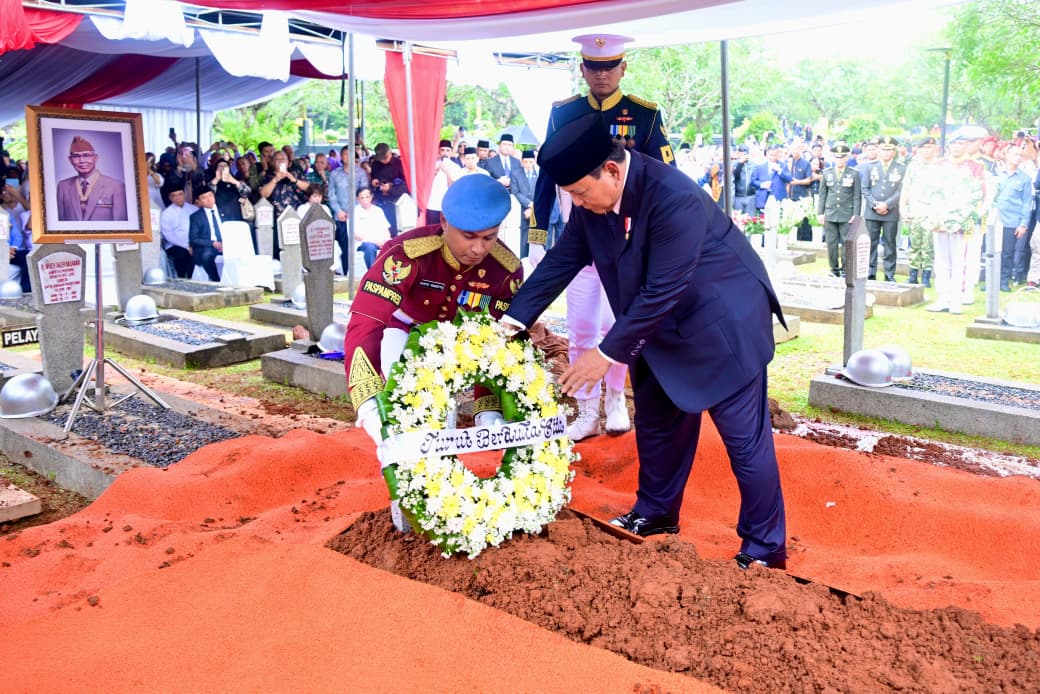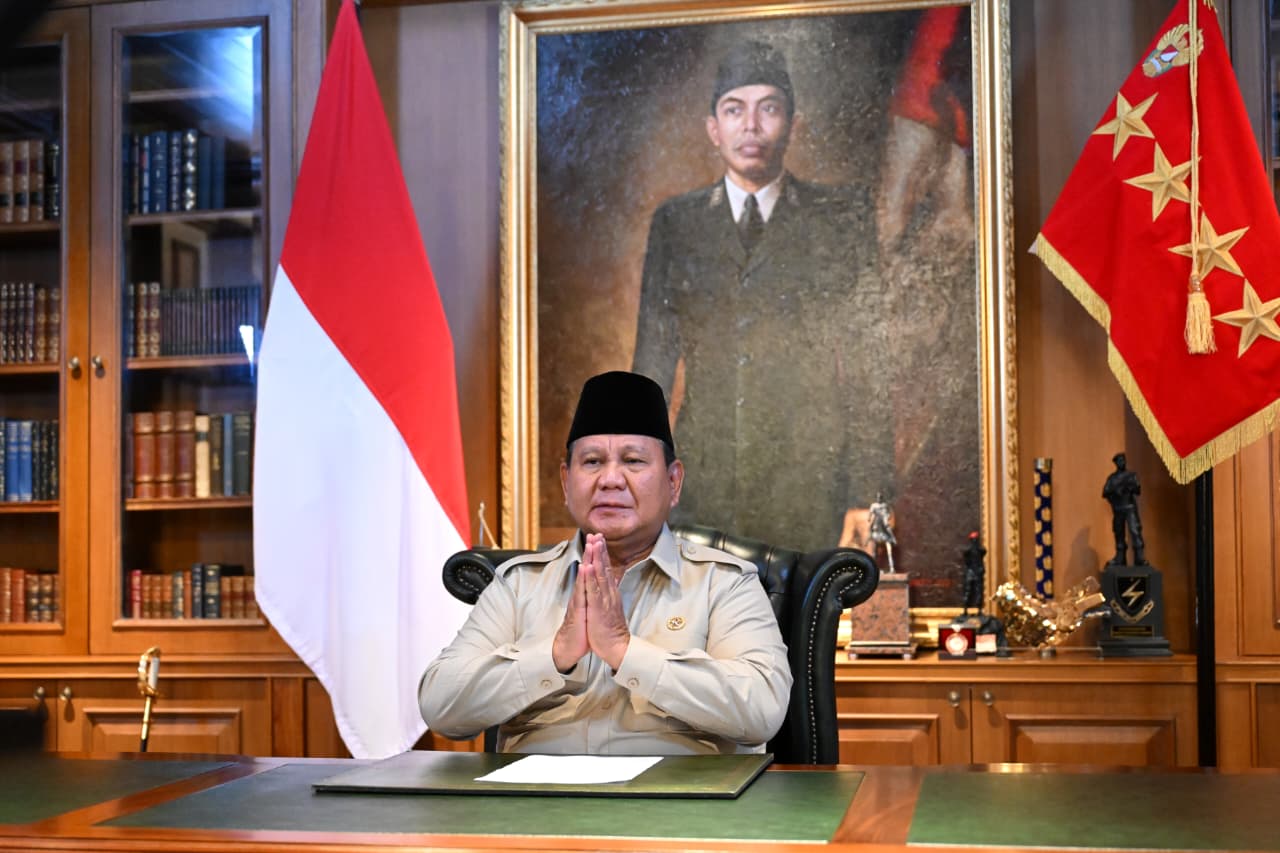Gov’t Prepares Fiscal Incentives for Entertainment Service Providers

Coordinating Minister for Economic Affairs Airlangga Hartarto (Photo by: PR/Teguh)
In a bid to support the development of the regional tourism sector, the Government is preparing fiscal incentives on Corporate Income Tax (PPh Badan) for entertainment service providers.
Coordinating Minister for Economic Affairs Airlangga Hartarto said that the tourism sector will be given a tax reduction in the form of a government-borne facility (DTP) of 10 percent of corporate income tax, making the corporate income tax 12 percent.
“The Government has prepared incentives in the form of Corporate Income Tax. The Corporate Income Tax incentive for the tourism sector is given to the entire sector. The President has ordered a 10 percent corporate income tax incentive to be reviewed,” Airlangga said in a press statement in Jakarta, Friday (01/19).
In addition, the Coordinating Minister said, the Government through Minister of Home Affairs and Minister of Finance will deliver a circular to all regents/mayors regarding the implementation guidelines for Specific Goods and Services Tax (PBJT) on Arts and Entertainment Services in accordance with the provisions of the Law on Financial Relations Between the Central Government and Regional Governments (HKPD Law). Airlangga expressed hope that the circular can strengthen the policies adopted by the Government as well as provide explanations to business players and communities in the regions.
“So, the joint circular of Minister of Finance and Minister of Home Affairs will further explain this because the law is discretionary, so we certainly don’t want moral hazard, so we must protect it with a circular,” he said.
In order to govern the financial relations between the Central Government and regional governments in a manner that is fair, harmonious, and accountable and to strengthen the regional economy, in early 2022, the Government and the House of Representatives passed the HKPD Law. Further provisions regarding this law include Government Regulation (PP) Number 35 of 2023 on General Provisions for Regional Taxes and Regional Retributions.
The HKPD Law has stipulated that the PBJT is collected by the regency/city and the Special Capital Region of Jakarta is by the province. The PBJT covers food and/or beverages, electricity, hospitality services, parking services, arts and entertainment services, with a maximum rate of 10 percent, which was previously regulated in Law Number 28 of 2009 at a maximum rate of 35 percent.
As for the PBJT on Entertainment Services in discos, karaoke, nightclubs, bars, and sauna/spa, it is subject to a minimum of 40 percent and a maximum of 75 percent. Previously, under Law 28 of 2009, the maximum was only 75 percent, without a minimum restriction, so it could be under 40 percent. The entertainment tax with a minimum of 40 percent is charged to the customer, while the entertainment service provider is also subject to corporate income tax of 22 percent.
For the record, the implementation of the new PBJT tariff is no later than two years after the HKPD Law comes into force on January 5, 2022, meaning on January 5, 2024, regulated by each regional government. Several regions have set PBJT tariffs for discos, karaoke, nightclubs, bars, and sauna/spa. For example, Jakarta through its Regional Regulation Number 1 of 2024 sets the rate at 40 percent, previously 25 percent, and Badung regency through its Regional Regulation Number 7 of 2023 also sets the rate at 40 percent, previously 15 percent.
Prior to the enforcement of the HKPD Law, based on Law 28 of 2009, there were already several regions that set PBJT rates on entertainment services in discos, karaoke, nightclubs, bars, and sauna/spa at 75 percent (Aceh Besar, Banda Aceh, Binjai, Padang, Bogor city, and Depok), at 50 percent (Sawahlunto, Bandung regency, Bogor regency, Sukabumi, and Surabaya), and at 40 percent (Surakarta, Yogyakarta, Klungkung, and Mataram).
Article 101 of the HKPD Law specifies policies for the provision of fiscal incentives to support ease of investment, namely in the forms of reduction, relaxation, and exemption or elimination of tax principal, retribution principal, and/or sanctions. These fiscal incentives can be provided by regional heads with considerations, among others, to support and protect micro and ultra-micro businesses, support policies to implement regional or national priority programs. The tourism industry recovery is now a national priority program with a labor-intensive nature.
The provision of the fiscal incentives is set through a regional head regulation by notifying the Regional House of Representatives (DPRD). Under Article 101 of the HKPD Law, regents/mayors can set rates lower than 75 percent or even lower than the minimum limit of 40 percent.
“The implementation of fiscal incentives is carried out according to regional characteristics, considering culture and the application of Islamic law (such as in Aceh), so that some regions can continue the existing tax rates, while tourism-based regions can set rates as the previous tax rates,” he said. (DND/PR of Coordinating Ministry for Economic Affairs/UN) (FI/MUR)








